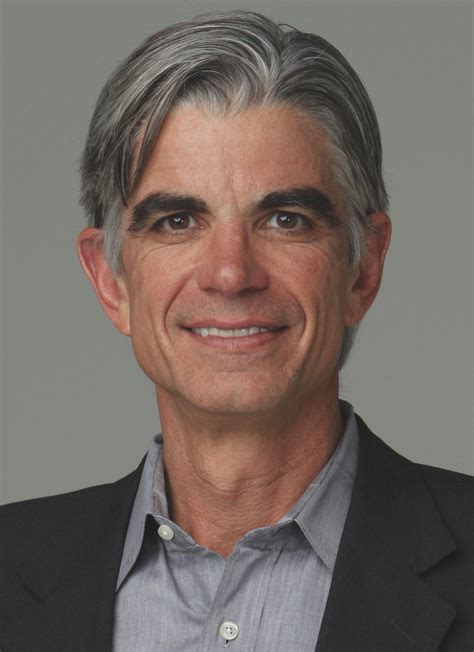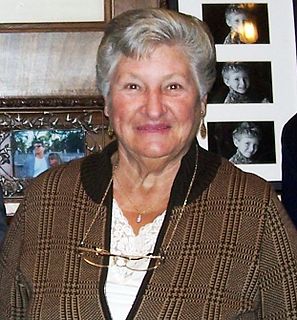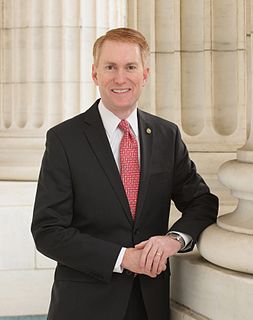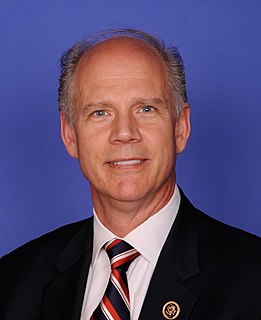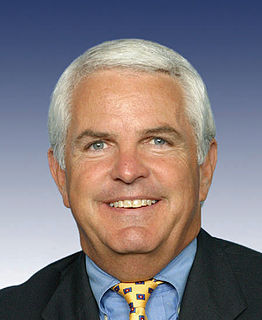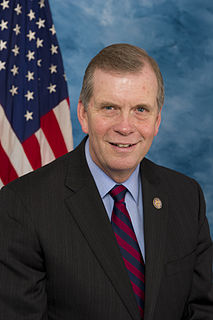A Quote by Bill Dedman
Forty states have sued tobacco companies over the costs of health care for residents on Medicaid and public assistance.
Related Quotes
The best thing that is happening with the health care is premiums will come down. We'll have tremendous competition; you know, we're getting rid of the border state lines, and we're going to have tremendous competition. We're going to have insurance companies fighting, like life insurance. You know, we - life insurance, you have these companies that are like - like going all over the place. We're going to have a tremendous - tremendously competitive market and health care costs are going to be forced down.
The bad things the U.S. health care system are that our financing of health care is really a moral morass in the sense that it signals to the doctors that human beings have different values depending on their income status. For example, in New Jersey, the Medicaid program pays a pediatrician $30 to see a poor child on Medicaid. But the same legislators, through their commercial insurance, pay the same pediatrician $100 to $120 to see their child. How do physicians react to it? If you phone around practices in Princeton, Plainsboro, Hamilton - none of them would see Medicaid kids.


